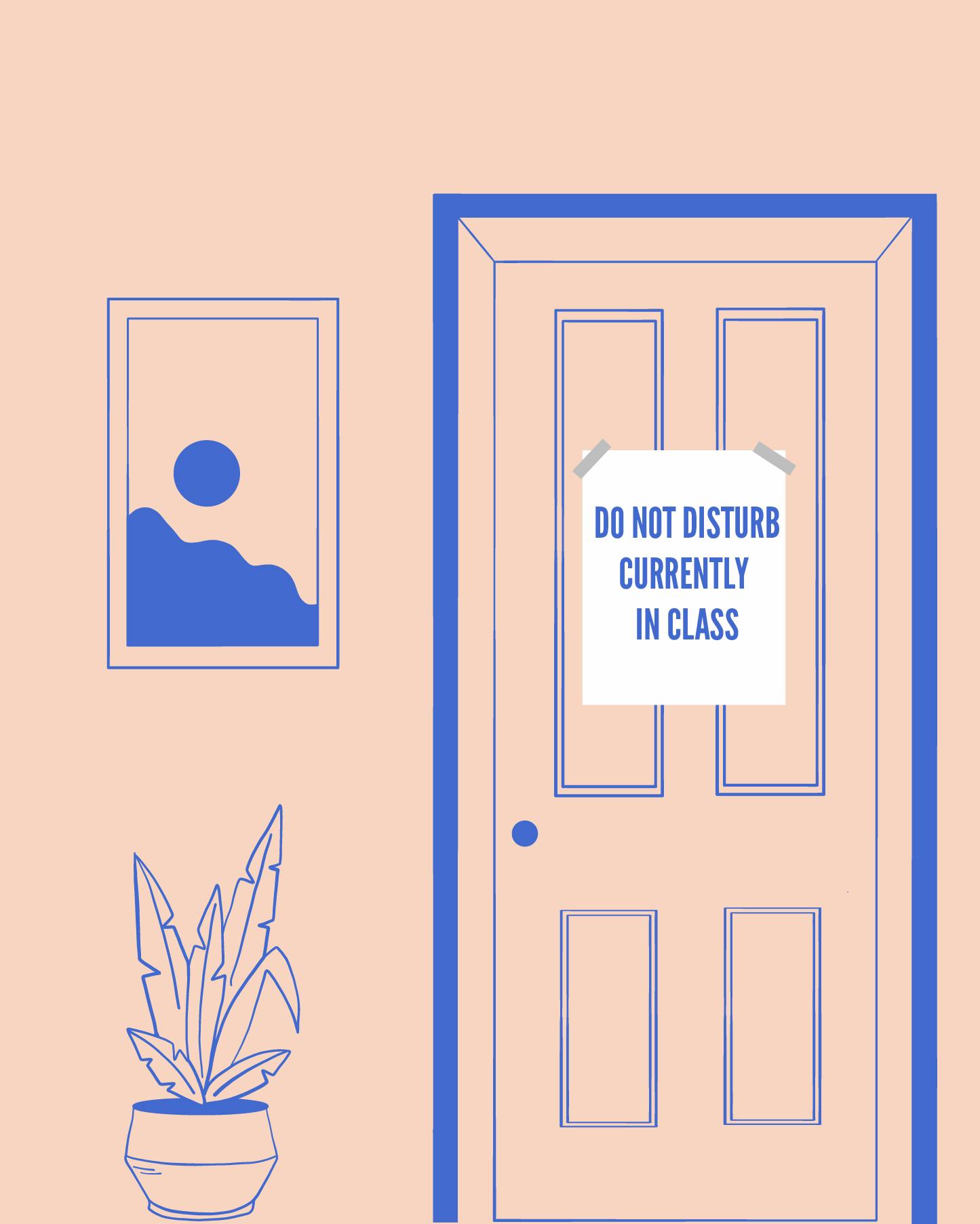The expectations going into the academic year were mixed among graduate students — some have a little bit of an idea and others, not a clue.
Anna Wilcoxson, Ph.D. candidate in the sociology department at MSU, said that she was anticipating working from home regardless of coronavirus since she is at the dissertation stage and not attending classes anymore.
“Going into this year, I guess I had pretty low expectations,” Wilcoxson said.
Currently, her work mainly includes transcribing interviews and performing analysis on data collection.
Wilcoxson also is a Graduate Teaching Assistant (GTA) for a methods course. Since the course includes lab instruction, it was set to be in-person until about a week before classes began. The administration then switched to an online format.
“I went into this semester basically not knowing what I was doing,” Wilcoxson said. “... I didn’t really have time to process what I expected for this semester. I genuinely had no idea what was going to happen.”
Clay Oppenhuizen, who is a GTA and Ph.D. candidate in the department of history at MSU said that he felt nervous going into late July and early August because it seemed that the hybrid system the administration introduced did not seem prudent, even after clarification.
“I thought that having hybrid courses seemed like it was still going to lead to greater exposure for graduate students, but not only that, but for undergraduate students too,” Oppenhuizen said. “... I was honestly worried too for colleagues in the department because I wasn’t sure when they were being notified, like if their classes were going to fully be in-person, fully online or a hybrid.”
For both Ph.D. candidates, the novel coronavirus has affected their students' academic lives, as well as their own. As GTA’s, the pressure to produce results from their students is higher than years past.
Wilcoxson said she tries hard to reduce her students’ tasks because although Zoom classes are hard for her, they are equally challenging for other students, and she notices how much pressure and anxiety it puts on people. Wilcoxson said that her students have admitted that other professors have moved to entirely asynchronous class formats and bumped up their workload.
“I try to talk openly with them about mental health, and a lot of my students are suffering from serious mental health issues at the moment,” Wilcoxson said. “It was either before this that they had mental health issues or it’s onset, but (nonetheless) everybody’s anxiety is heightened and exacerbated because of this.”
The pandemic has put in-person research almost entirely to a halt for graduate students. There have been numerous graduate students who have either had to change their dissertation topics or put their dissertation projects on hold indefinitely, meaning that their graduation timelines will likely be pushed back one to two years, Wilcoxson said.
For graduate students who were already conducting in-person research, the university will not let them continue. Many have already defended their proposal as well, so it may be too late to select a new dissertation topic, she also said.
As for herself, Wilcoxson felt a reduction in pressure. She talked through her strategies with her committee and advisers, and after looking to enter the job market this year and seeing that there was nothing available from top prospects, she realized there was no rush to get through the program.
Overall, the speed and pressure of completing the program declined, but in another way, Wilcoxson said she feels stagnant.
“In a way, I feel like I’m treading water because I don’t know what to do now,” Wilcoxson said.
Oppenhuizen said that he has already had seven or eight students come down with coronavirus, where each of them missed class for about seven to 10 days. In these cases, because the students were so fatigued, Oppenhuizen said he gives week-long extensions on assignments to ease the pressure.
“Nobody really prepares for how to teach in a pandemic,” Oppenhuizen said. “... I try to be as open and transparent with my students as possible and be more lenient with grading.”
Support student media!
Please consider donating to The State News and help fund the future of journalism.
Personally, Oppenhuizen said that without childcare, he has to knock his workdays down from five to six to three to four days a week, which makes it challenging to stay on track with his dissertation research and other work.
Oppenhuizen and Wilcox feel fortunate that they have colleagues and committees that communicate so well together to maintain a steady work environment. However, they agree that despite their students doing their best to complete online work, there are more benefits and collaboration with the face-to-face format.
“If you’re face to face with ... your peers, you’re able to get a lot of feedback and also able to talk to each other, but my students are having a hard time engaging with each other because there is not any in-person interaction, and there's not that classroom interaction” Wilcoxson said. “There’s a lot of missed opportunities, and so there’s quite a reduction in collaboration.”
“There has totally been a distancing,” Oppenhuizen said, referring to his students’ classroom engagement and attendance. “... Everything felt more organic before this. Teaching felt more organic and less routine, and meeting with colleagues and having interesting discussions felt less routinized.”
Oppenhuizen emphasized how important it is for everyone at MSU to be transparent and forgiving.
“It is not easy for anybody, necessarily,” Oppenhuizen said. “... This isn’t how the university has been structured, and how pedagogy and learning are supposed to be undertaken, ethically, at the university levels.”
This article is part of our Housing Guide print edition. View the full issue here.
Discussion
Share and discuss “MSU graduate students struggle with mental health, research uncertainty ” on social media.







